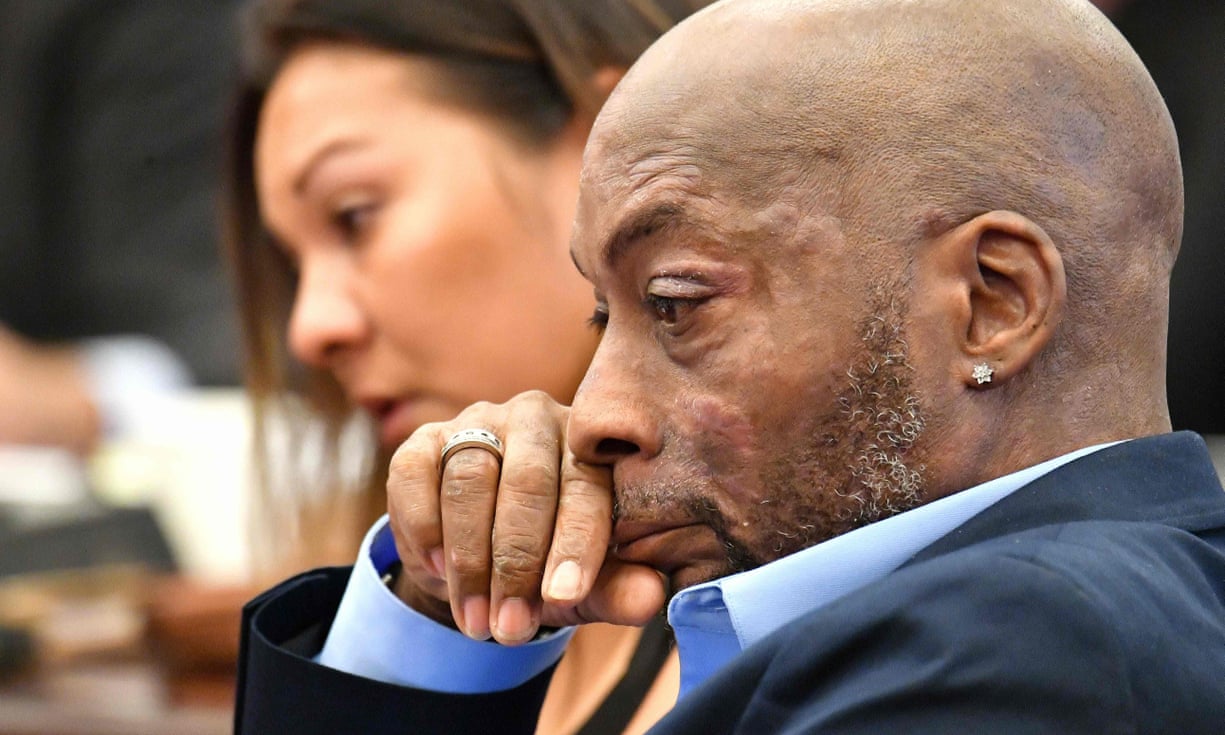
A California jury has found Monsanto guilty of concealing the dangers of glyphosate, the world’s most widely-applied herbicide, and awarded a terminally ill schools groundskeeper total damages of US$289 million.
The unprecedented 10 August 2018 verdict delivered by the San Francisco, California jury in favour of Dewayne Johnson, 46, will weigh heavily on the more than 4,000 similar cases already lodged in the US alleging a glyphosate link to the blood cancer non-Hodgkin’s lymphoma. Monsanto has announced it will appeal.
Prior to Monsanto’s acquisition by Bayer, the company had set aside US$258 million for litigation; Bayer had a fund of US$447 million.
Based on the substantial number of internal company documents made public for the first time as part of the trial process, the jury determined that Monsanto knew of the potential health risks associated with glyphosate exposure yet acted with “malice or oppression” in failing to warn the public.
The company papers chronicle a protracted campaign by Monsanto to discredit independent research, capture regulatory bodies and defund the World Health Organisation’s International Agency for Research on Cancer (IARC), which in 2016 determined glyphosate was probably carcinogenic to humans.
Monsanto vice-president Scott Partridge denounced the verdict and attacked IARC as “corrupted” because they do “no testing, they do no analysis, they have no laboratories”. However, global food and farm union IUF said this was the “same procedure followed by the regulatory agencies Monsanto consistently sought for decades to influence.”
In his trial testimony, Dewayne Johnson told the court: “I never would’ve sprayed that product on school grounds or around people if I knew it would cause them harm. It’s unethical. It’s wrong.”
Carey Gillam, research director of US Right to Know, commented: “Monsanto and its chemical industry allies have spent decades actively working to confuse and deceive consumers, farmers, regulators and lawmakers about the risks associated with glyphosate-based herbicides. As they’ve suppressed the risks, they’ve trumpeted the rewards and pushed use of this weed killer to historically high levels.”
She added: “The evidence that has come to light from Monsanto’s own internal documents, combined with data and documents from regulatory agencies, could not be more clear: It is time for public officials across the globe to act to protect public health and not corporate profits.”
Selected media coverage
Democracy Now. Workweek Radio podcast. The Guardian. Bloomberg News.

